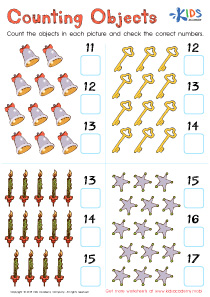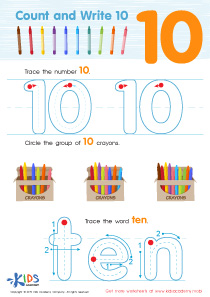Developing analytical thinking Normal Comparing Numbers Worksheets for Ages 7-9
3 filtered results
-
From - To
Unlock the power of analytical thinking with our "Comparing Numbers" worksheets designed specifically for children ages 7-9. These engaging and interactive worksheets promote numeracy skills by guiding young learners through comparing and analyzing numbers in a fun and relatable way. Suitable for classroom use or at-home practice, they challenge students to think critically, make connections, and enhance their mathematical understanding. Our carefully curated exercises encourage self-confidence and independence in problem-solving, preparing kids for more advanced math concepts. Discover the joy of learning as your child masters the art of comparing numbers while developing essential analytical thinking skills!
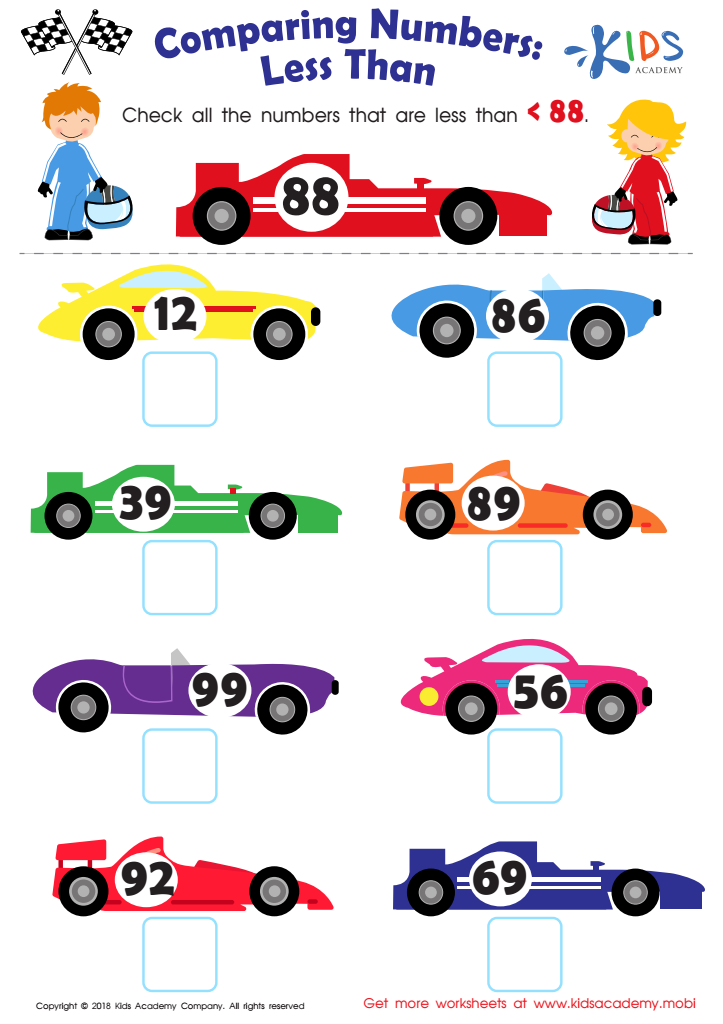

Less Than Worksheet
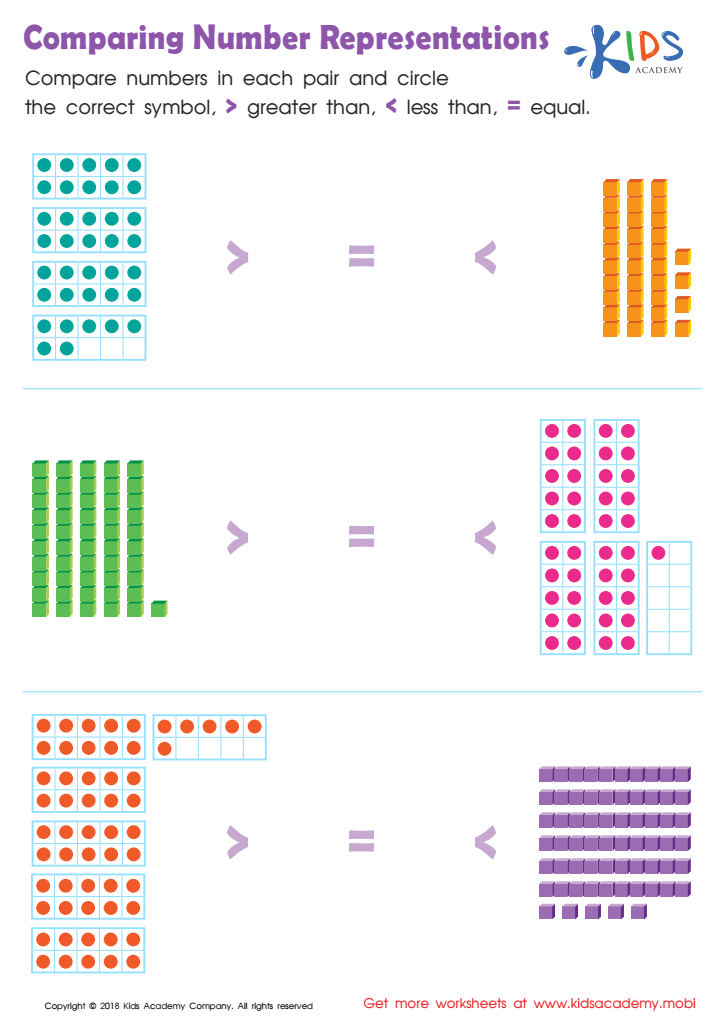

Comparing Number Representations Worksheet
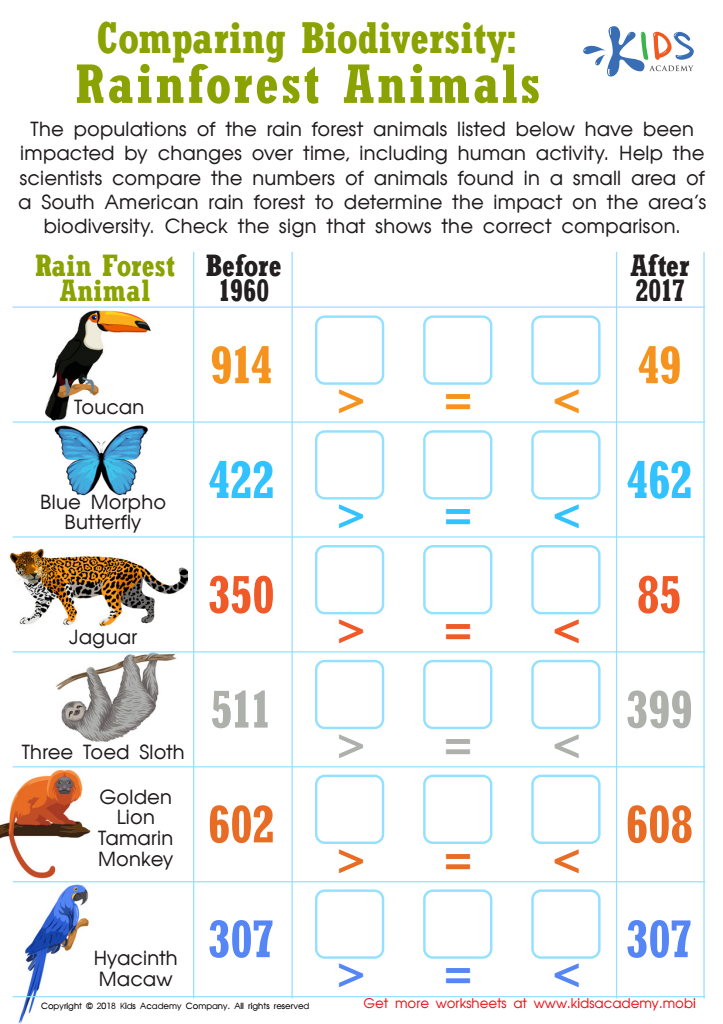

Comparing Biodiversity: Rainforest Animals Worksheet
Developing analytical thinking skills, particularly in the context of comparing numbers, is crucial for children aged 7-9. At this stage, children are laying foundational skills that will benefit them throughout their academic and personal lives. Engaging in comparative activities encourages precision in observation and empowers children to make informed decisions based on data—a skill applicable in various real-world scenarios.
Analytical thinking enhances problem-solving abilities. For instance, when children compare numbers, they learn to identify differences and similarities, fostering logical reasoning. This helps them not only in math but also in subjects like science and social studies, where data interpretation is key. Moreover, these skills encourage independent thinking and confidence; children learn to back their opinions with evidence, vital for effective communication.
Furthermore, developing strong analytical skills at a young age helps combat future educational challenges. Children accustomed to critical thinking will find advanced mathematical concepts and data analysis more accessible. Teachers and parents should actively nurture these skills through games, discussions, and practical experiences, paving the way for successful lifelong learners. Therefore, making analytical thinking a priority in early education enriches children’s cognitive development while equipping them for an increasingly data-driven world.
 Assign to My Students
Assign to My Students










